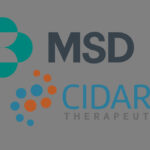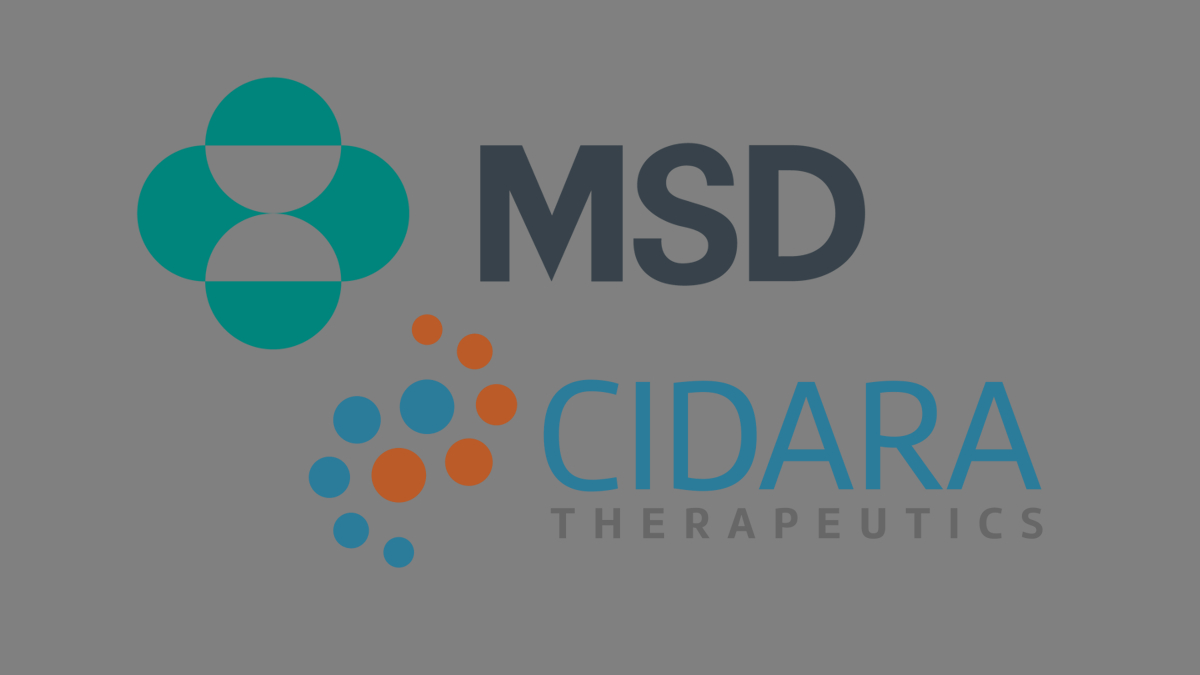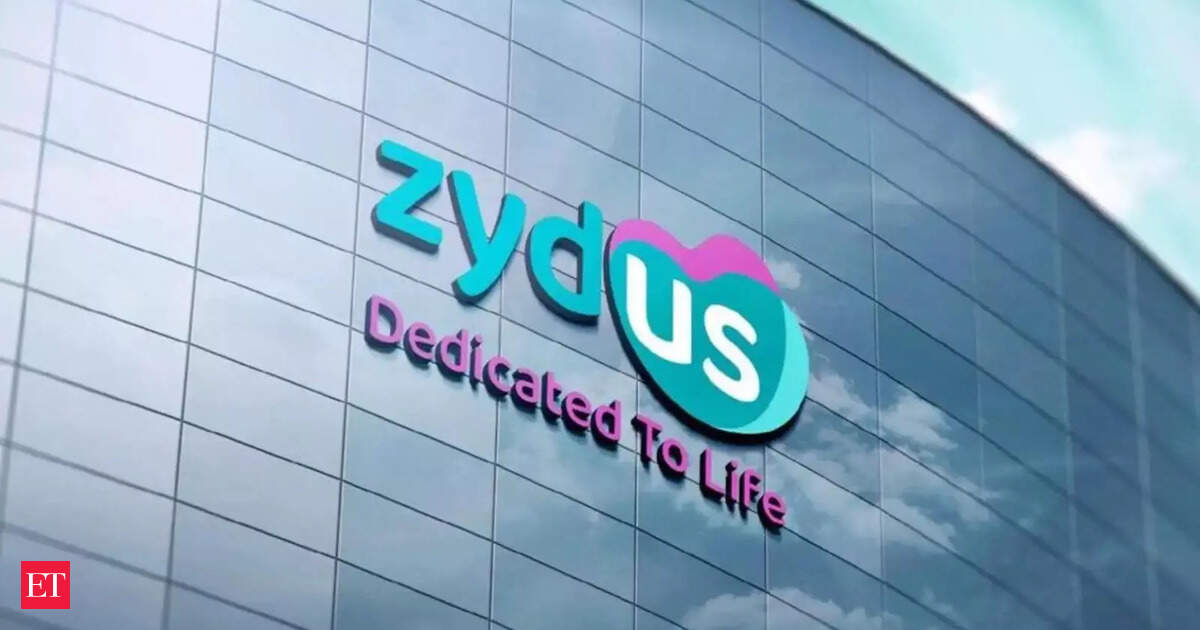
Johnson & Johnson’s $14.6 billion takeover of Intra-Cellular Therapies (ICT) earlier this year largely revolved around the potential for Caplyta in depression – and it has just scored FDA approval in that setting.
The US regulator has cleared Caplyta (lumateperone) as an adjunctive therapy with antidepressants for the treatment of major depressive disorder (MDD) in adults, extending its current uses in schizophrenia and bipolar I and II depression.
The MDD indication – the first for the drug since J&J took over ownership – has been previously been billed by analysts at RBC Capital Markets as the pivot that could drive sales of Caplyta above $3 billion a year and justify J&J’s purchase price for ICT. The drug made $681 million in 2024 and another $451 million in the first nine months of this year.
The FDA approval is based on the results of two trials – Study 501 and 502 – which showed that a once-daily oral dose of Caplyta achieved a significant improvement in the Montgomery–Åsberg Depression Rating Scale (MADRS) at week six compared to placebo in patients who were unable to get sufficient benefit from standard antidepressants alone.
MDD is one of the most common psychiatric disorders, affecting about 22 million American adults, and around two-thirds of patients continue to experience symptoms despite their current treatment.
Caplyta is a first-in-class drug that acts on three neurotransmitter systems – dopamine, serotonin, and glutamate – and seems to have a faster onset of action than conventional antidepressant drugs, which can take weeks to have a mood-elevating effect.
J&J is already a player in the market for drugs to treat resistant MDD with nasal spray antidepressant Spravato (esketamine), which is well into blockbuster territory with sales rising 53% to $1.19 billion in the first nine months of 2025.
It also has a complementary candidate in the pipeline with orexin-2 receptor antagonist seltorexant, which has shown efficacy in a phase 3 for insomnia associated with depression, an indication that currently has no FDA-approved treatments. Sleep problems are thought to affect around 60% of people with MDD, even if they are on treatment, and J&J listed seltorexant among its 15 potential blockbuster candidates in an R&D update last year.
Earlier this year, however, the company was forced to abandon another MDD candidate – selective kappa opioid receptor (KOR) antagonist aticaprant – after it failed the phase 3 VENTURA trial.










